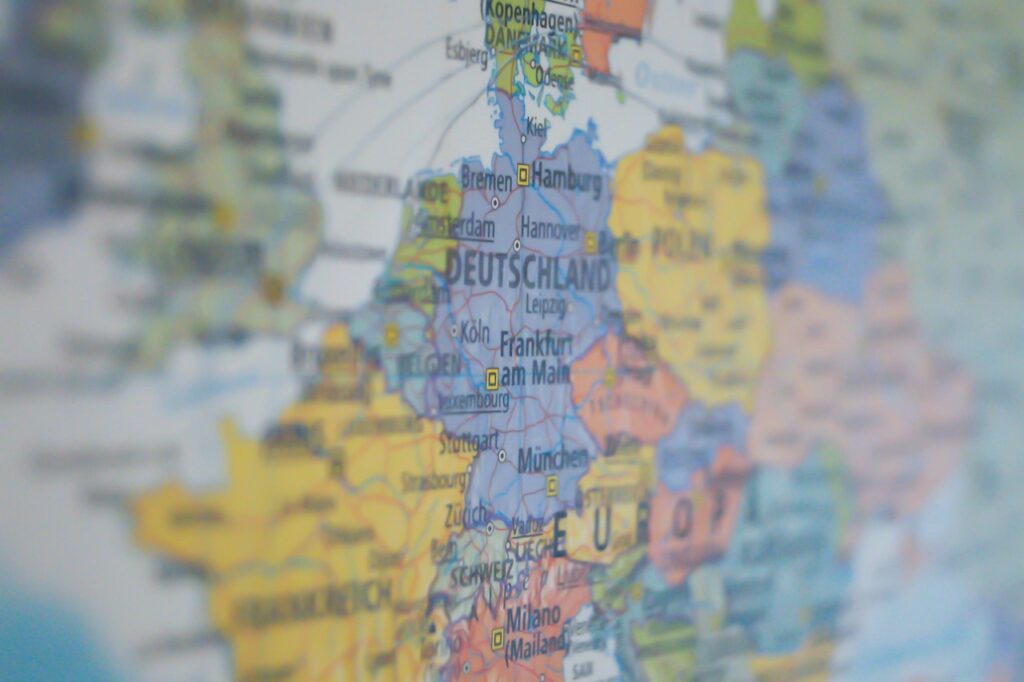German state pushes digital sovereignty
Instead of relying on Microsoft software, civil servants in Germany’s Schleswig-Holstein state are moving to open-source alternatives, a shift seen as a model for digital sovereignty.

The northern German state of Schleswig-Holstein is pushing ahead with an ambitious plan to replace Microsoft software in its public administration with open-source alternatives.
With around 30,000 civil servants, a workforce comparable to the European Commission, the region has already migrated most staff to new systems. It expects to cut its Office licences by more than two-thirds before the end of the month.
Instead of relying on Word, Outlook or SharePoint, staff are switching to LibreOffice, Thunderbird, Open Xchange and Nextcloud. A Linux pilot is also underway, testing the replacement of Windows itself.
The digital minister, Dirk Schrödter, admitted the schedule is tight but said that 24,000 employees are already using the new setup. By 2029, only a handful of Microsoft licences should remain, kept for compatibility with federal services.
A transition that has not been free of challenges. Some judges have called for a return to Outlook, citing outages, while larger providers such as SAP have proven difficult to adapt.
Still, Schrödter argued the investment is about sovereignty rather than cost-cutting, comparing Europe’s reliance on Big Tech to its dependence on Russian gas before 2022. He urged Brussels to prioritise open-source solutions in procurement rules to reduce dependence on foreign tech giants.
Although Schleswig-Holstein is a relatively small region, its programme has already influenced wider German and European initiatives.
Similar efforts, including Germany’s OpenDesk project, have gained traction in France, Italy and the Netherlands, with several governments now watching the experiment closely.
Schrödter said the state’s progress surprises many observers, but he believes it shows how public administrations can regain control of their digital infrastructure.
Would you like to learn more about AI, tech and digital diplomacy? If so, ask our Diplo chatbot!
